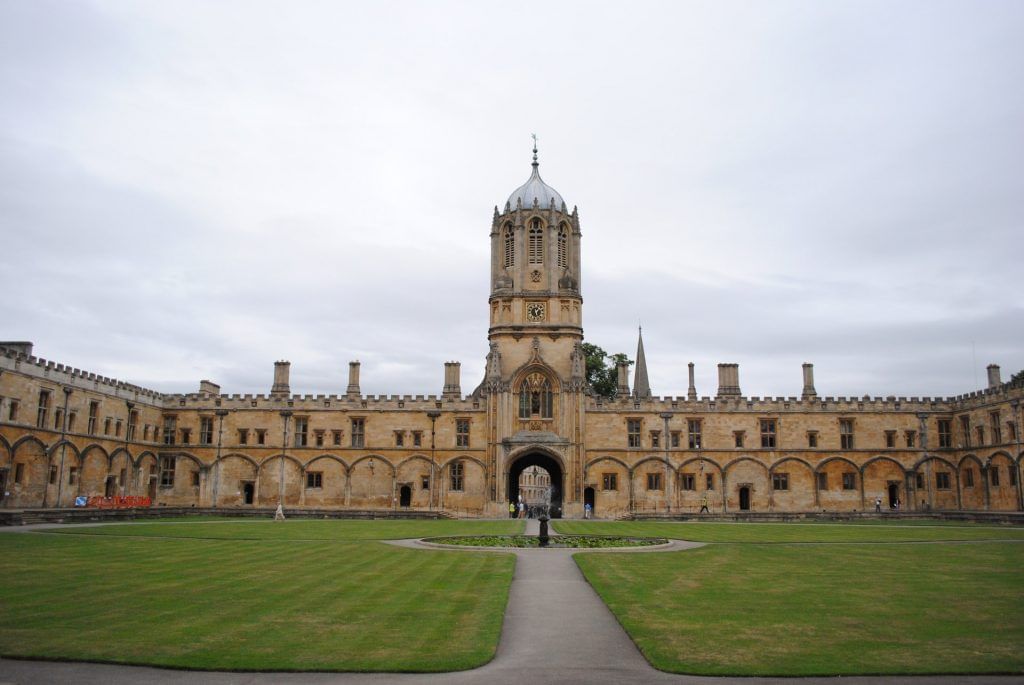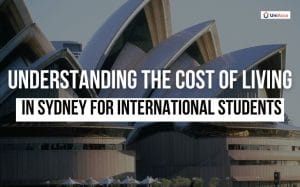As one of the leading student accommodation platforms in the world, we here at UniAcco, maintain close relationships with students so that we can assist them in a better way. Through our interactions with more than 60,000+ students, we’ve heard all sorts of questions and queries that range from, ‘What are the best student accommodations in London?’ to ‘Can I bring my pet python to my student accommodation?’. We’ve listed down some of the FAQs asked by international students studying in the UK so that you are equipped with all the answers before deciding whether or not you wish to study in the UK.
Can international students study in the UK?

Yes (Believe it or not but we get asked these types of questions daily). In fact, whatever level of education you wish to attain, you can do so in the UK. Traditionally speaking, the UK offers 3-year undergraduate/bachelor’s degrees and 1-year postgraduate/master’s programmes at UK universities. International students, however, need to clear English proficiency tests like IELTS Academic (both the UKVI and non-UKVI tests), TOEFL iBT, Trinity College London Integrated Skills in English (ISE) – modules ISE II, ISE III or ISE IV, PTE Academic or Cambridge English: Advanced (CAE) and Cambridge English: Proficiency (CPE). Go to your university website to check the accepted English language tests.
What are the requirements for international students to study in the UK?
Here are some of the requirements to study in UK for international students –
For undergraduate courses in the UK:
- Have completed at least 13 years of education in your own country or in the UK.
- Have taken pre-university qualifications equivalent to UK A-levels, Scottish Highers or National Diplomas.
You can still study in the UK if you do not have these qualifications. Having a Higher National Diploma (HND), Foundation Degree, Diploma of Higher Education or Degree allows you to enrol in undergraduate courses in the UK.
For postgraduate courses in the UK:
- Hold an undergraduate degree from the UK or overseas.
- Have obtained a first or good 2:1 (or international equivalent) in a directly related subject.
- Need to speak English to at least IELTS 6.5 level.
How much does it cost to study in the UK for international students?
It is true that UK tuition fees have risen to eye-watering levels for international students in recent years. However, if you factor in the total cost of studying in the UK (accommodation, travel, insurance, etc), it works out to be cheaper than countries like the USA or Canada.
International undergraduate tuition fees at UK universities vary considerably. They start at around £10,000 (~US$14,130) and go up to £38,000 (~US$53,700) or more for medical degrees. At postgraduate level, International student fees UK for classroom-based programmes start at around £11,000 (~US$15,545) and go up to £32,000 (~US$45,200).
The total average cost of studying in the UK is around £22,200 (~US$31,380) per year. The cost of studying in major UK cities like London, Edinburgh, Birmingham, will be significantly more expensive.
In order to fund your overseas education in the UK, you can opt for an education loan or apply for international scholarships to the UK.
Is it easier for international students to get into UK universities?
This depends on the university, residence status and the course that you apply for. In the UK, it is relatively easier for international students to get a position at prestigious universities compared to domestic students. However, this advantage is not massive. This is because international students add diversity to the student population at UK universities and therefore most universities in the UK look to increase their international student population.
What are the hardest universities to get into in the UK?
Source: Y Axis
The latest data from UCAS shows that some UK universities offer places to over 90% of the applicants but less than a quarter of Oxford applicants get an offer. Here are some of the hardest universities to get into in the UK / hardest UK unis to get into(based upon the percentage of offers made compared to the number of applications received) –
- University of Oxford (21.8%)
- University of Cambridge (28.5%)
- London School of Economics and Political Science (LSE) (35.2%)
- St George’s, University of London (39.0%)
- University of the Arts London (41.9%)
- University of St Andrews (42.3%)
- Imperial College London (43.0%)
- The University of Edinburgh (43.8%)
- Leeds Arts University (46.7%)
- University of Dundee (48.8%)
Conversely, here are the most easiest universities to get into in the UK –
- Aberystwyth University (96.1%)
- University College Birmingham (94.3%)
- University of Roehampton (93.9%)
- Bishop Grosseteste University (92.2%)
- University of Portsmouth (89.9%)
- York St John University (89.4%)
- Leeds Trinity University (89.0%)
- Nottingham Trent University (88.9%)
- Newman University, Birmingham (88.7%)
- University of Exeter (88.7%)
What is the cheapest university in the UK for international students?
I think you are well aware by now that studying in the UK comes at a high price. However, there are some universities in the UK that offer high quality education at the fraction of the price of most popular universities in the UK. Here are some of the cheapest university in the UK for international students –
- University of Chester – £9,250
- University of Cumbria – £10,500
- University of Bedfordshire – £11,500
- Wrexham Glyndwr University – £11,750
- Teesside University – £11,825
- Leeds Beckett University – £12,000
- University of West London – £12,000
- Southampton Solent University – £12,500
- Queen Margaret University, Musselburgh, East Lothian – £13,000
- University of Stirling, Stirling – £13,650
Can I get a job in the UK after Masters?
As per the new student visa requirement for UK, international students can apply to live and work in the UK for up to 2 years after graduating with the new Graduate Route visa OR work permit in UK after masters. This new rule applies to both bachelor’s and master’s degrees, regardless of your area of study. This means you have plenty of time to search for a job in the UK after finishing your master’s degree.
Which course is best for a job in the UK?
Every international student wants a high return on their investment. It doesn’t make sense to pay a fortune only to have little to none job prospects after graduation. So, here are some of the best courses that historically have a record of attracting high paying jobs –
- Medicine & Dentistry
- Veterinary Science
- Allied Medicine Subjects
- Computer Science
- Architecture
- Law
- Biological Sciences
What is the living cost in the UK for a student?
Here is a breakdown of the living expenses in UK for international students –
| Expense | Cost per month (£) |
| Accommodation | £418 |
| Groceries | £100 |
| Going out | £46 |
| Travel | £43 |
| Bills | £37 |
| Takeaways | £33 |
| Clothes & shopping | £29 |
| Mobile phone | £16 |
| Course materials | £16 |
| Health & wellbeing | £13 |
| Gifts & charity | £12 |
| Other | £10 |
| TOTAL | £795 |
The average student living costs are around £795 a month (or £183 a week).
Source: Save The Student
We hope you enjoyed reading this blog on ‘FAQs By International Students Studying In The UK. If you wish to read more blogs like this, here are some blogs that we think you will enjoy reading –
- How to open a student bank account in the UK
- How To Find Your Perfect Student Accommodation
- Best UK Courses For Overseas Students 2021
If you need any assistance with your student accommodation search, call us on 000 800 040 3523 or simply write to us on contact@18.170.55.100, to get in touch with one of our property consultants. Visit UniAcco today!















0 Comments